Center for Data Science and Complexity for Society
Sapienza University of Rome
Where data meets complexity, and science informs society.
Introduction
The impact of digital platforms on society is no longer in question. They shape how we access information, how we interact, and how we form opinions—affecting everything from individual well-being to the functioning of democratic systems.
Making sense of these effects in a rigorous and data-driven way remains a complex task. The Center for Data Science and Complexity for Society (CDCS) at Sapienza University of Rome was created to meet this challenge.
We bring together expertise in data science, network theory, cognitive science, and computational modeling to study how information flows and social behaviors evolve in digital environments. Our research draws from statistical physics, complexity science, and large-scale empirical analysis. We do not speculate—we measure.
CDCS is not just a research center. It is a node in a growing ecosystem of actors who recognize that scientific knowledge must be operationalized to be meaningful. Our goal is to connect empirical understanding to actionable insight: influencing how platforms are built, how policies are designed, and how public discourse is shaped.
We foster a shared space between researchers, platform engineers, regulators, and civil society. This is how we translate evidence into systems that work—not only technically, but socially.
Looking ahead, CDCS aims to define the next frontier of digital social science: a framework where computational rigor, ethical awareness, and institutional utility converge. We are building the foundations for a science of digital society that is predictive, policy-relevant, and anchored in behavioral regularities—not conjecture.
Objectives
- Measure and model the societal impact of platform dynamics using real-world data and computational approaches.
- Build a lasting interface between academic research, technology companies, regulatory bodies, and civil society.
- Ensure our findings contribute to public debate and evidence-based policy design.
- Create an infrastructure of shared trust and insight for collaborative governance of digital ecosystems.
Our Impact
See full list of publications on Google Scholar .
+20,000
Citations
50+
Institutional Collaborations
5
EU Projects
30
Peer-reviewed Papers (2020–2025)
Research
Our research spans multiple areas at the intersection of data science, social dynamics, and computational modeling. We aim to identify structural patterns and emergent behaviors in digital communication. Our ongoing investigations include:
- Cross-platform misinformation and narrative persistence : how false or misleading narratives emerge, evolve, and persist across different digital ecosystems over time.
- Echo platforms and informational fragmentation : mapping ideological clustering and isolating structural patterns that drive polarization and reduced exposure to diverse viewpoints.
- Ads, attention, and political amplification : studying the effects of sponsored content on engagement metrics and the potential amplification of divisive topics.
- Mental health and digital exposure : exploring the interaction between online discourse and mental health trends through the lens of public attention and platform architecture.
- LLMs and conceptual operationalization : investigating how large language models interpret, simulate, and transform social reasoning and political orientation.
Among our flagship projects:
- Misinformation Persistence (2008–ongoing): A multi-platform longitudinal study across Facebook, Instagram, and YouTube, investigating how false narratives adapt, survive, and cluster across time. The results show that structural features of user interaction—not content characteristics—are key to understanding persistence.
- Social Ads and Political Amplification: We quantify how advertising mechanisms amplify engagement around polarizing topics, showing that platform incentives can distort public discourse, favoring attention-grabbing narratives over verified information.
- Fragmentation and Echo Platforms (2020–2024): Building on our earlier work, we map how ideological clustering has evolved across platforms over time, identifying new mechanisms of content insulation and exposure asymmetries in algorithmically curated feeds.
Across all these areas, a unifying thread emerges: the interplay between informational overabundance, algorithmic curation, and human cognitive constraints. Rather than isolated phenomena, polarization, misinformation, and linguistic shifts are co-produced by the architecture of digital environments and the bounded rationality of their users. At CDCS, we do not just describe these patterns—we aim to uncover the systemic laws behind them.
From Research to Impact
The Center is internationally recognized for its empirical contributions to the study of online human behavior and the architecture of digital ecosystems. Over the past decade, our work has shaped both academic debates and institutional frameworks around the ways platforms influence information circulation and the formation of communities. Today, CDCS stands among the most cited and institutionally connected research centers worldwide in the computational study of misinformation, polarization, and social complexity. Our empirical rigor and conceptual innovation have contributed to setting global standards in the field.
Our research trajectory began with the seminal study The Spreading of Misinformation Online (PNAS, 2016), where we showed that the diffusion of false information is strongly driven by the structural polarization of social networks. Misinformation does not spread randomly; rather, it travels within ideologically homogeneous clusters—echo chambers—that amplify and entrench it.
Building on this foundation, The COVID-19 Social Media Infodemic (Scientific Reports, 2020) challenged a dominant narrative: that the virality of content is determined by its truthfulness. Our analysis demonstrated that virality is largely orthogonal to accuracy, casting doubt on fact-checking as a standalone corrective strategy.
In The Echo Chamber Effect on Social Media (PNAS, 2021), we proposed a clear operational definition of echo chambers and showed that polarization is systematically more pronounced on ad-driven platforms, highlighting the link between monetization models and informational fragmentation.
Two recent works further consolidate this research line with deep longitudinal scope. Persistent Interaction Patterns Across Social Media Platforms and Over Time (Nature, 2024) analyzed 34 years of user interaction data across eight platforms, revealing that online toxicity follows stable and predictable patterns over time, in contrast to popular claims of its constant escalation.
Similarly, in Patterns of Linguistic Simplification on Social Media Platforms Over Time (PNAS, 2024), we examined over 300 million English-language comments, identifying a universal trend toward linguistic simplification: shorter messages, reduced lexical richness, yet a stable rate of novel word introduction. These results point to a deeper behavioral regularity rather than platform-specific effects.
Institutional Engagement
CDCS actively collaborates with institutions and governments to translate research into action. Our work has supported the design of strategic responses to online harms for the UK Government, and informed digital media regulation strategies with the Presidency of the Italian Council of Ministers, European Commission, and World Health Organization.
We are currently involved in multi-stakeholder projects on disinformation mitigation, platform accountability, and evidence-based policy design, contributing our expertise to shape regulatory frameworks at both national and international levels.
- 2025 — Discussed in Fortune on fake news and disinformation myths.
- 2024 — Published in Nature : 34-year study on persistent interaction patterns.
- 2022 — Published in Nature Climate Change : Polarization in climate discussions.
- 2021 — Published in PNAS : Echo chamber effect on social media.
- 2021 — The IRIS Research Coalition is launched: irisacademic.org
- 2020 — Contributed to WHO's definition of Infodemics.
- 2017 — Referenced in Meta Newsroom on social media and democracy.
- 2017 — Featured in Scientific American for research on online misinformation.
- 2016 — PNAS study on misinformation ranked among top 0.1% most cited globally.
- 2015 — Mentioned in the final Washington Post debunking column.
People
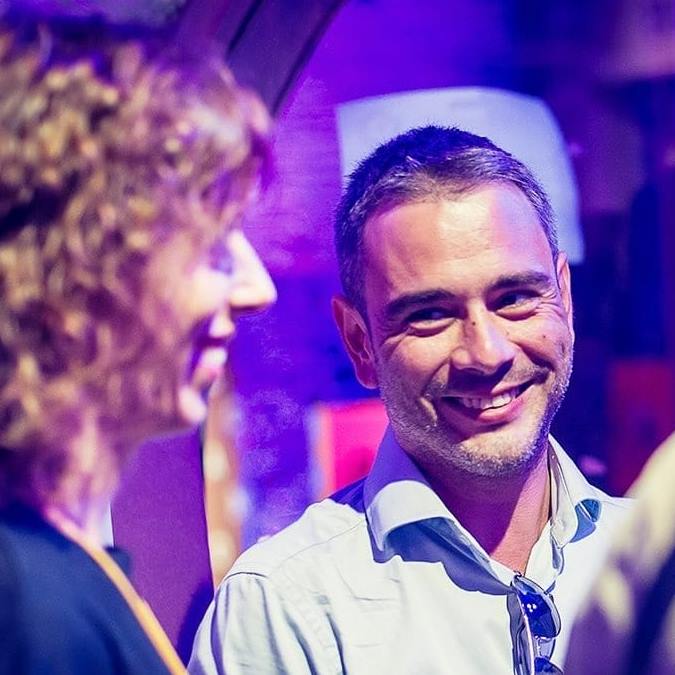
Full Professor

Assistant Professor
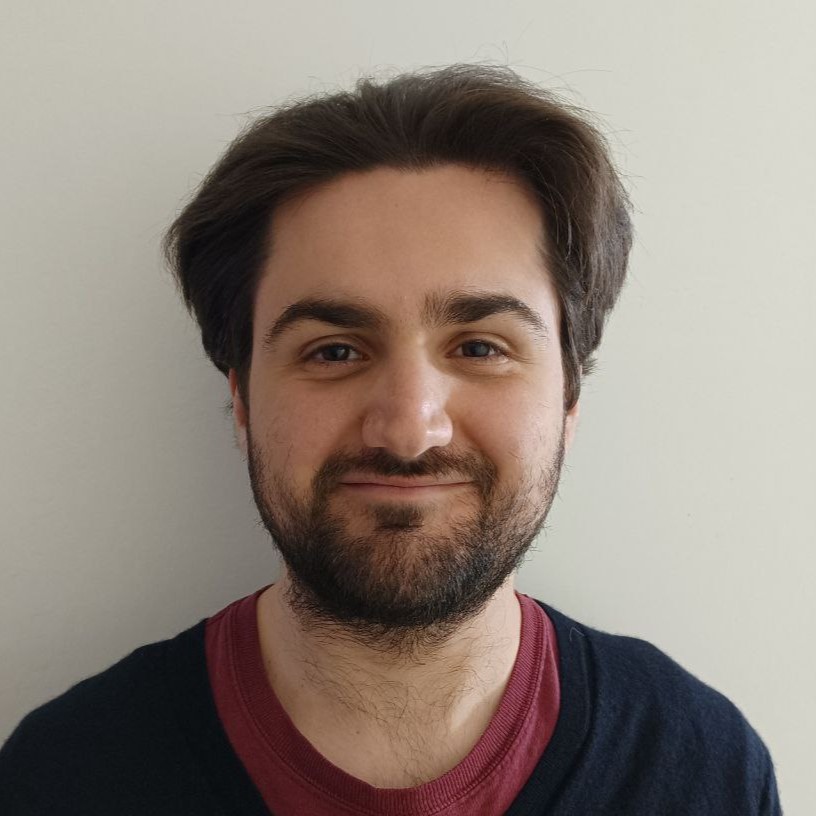
Assistant Professor
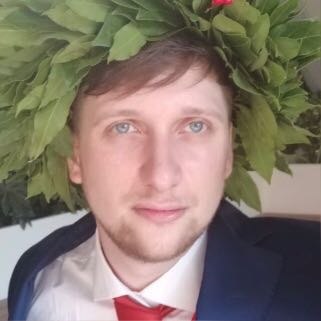
Ph.D Candidate
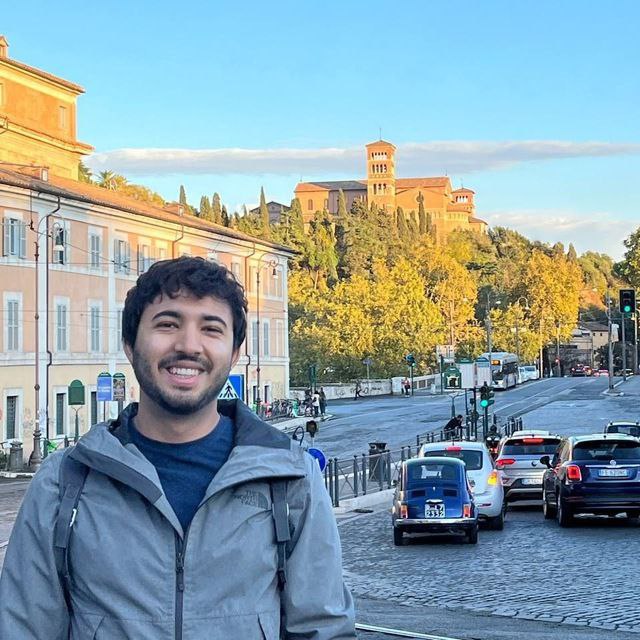
Ph.D Candidate

Ph.D Candidate
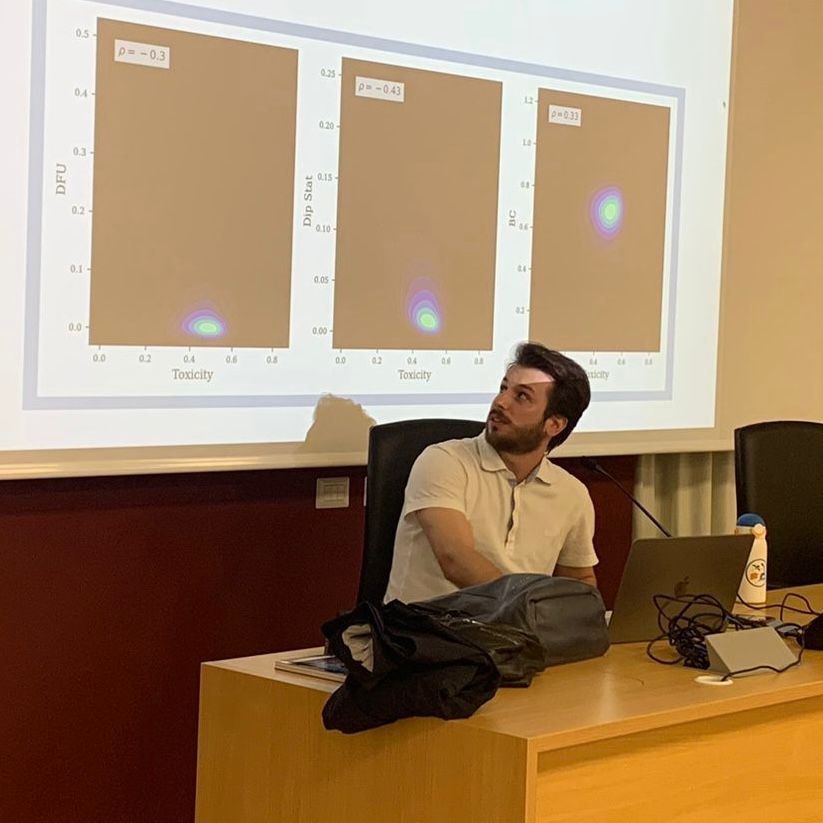
Ph.D Candidate
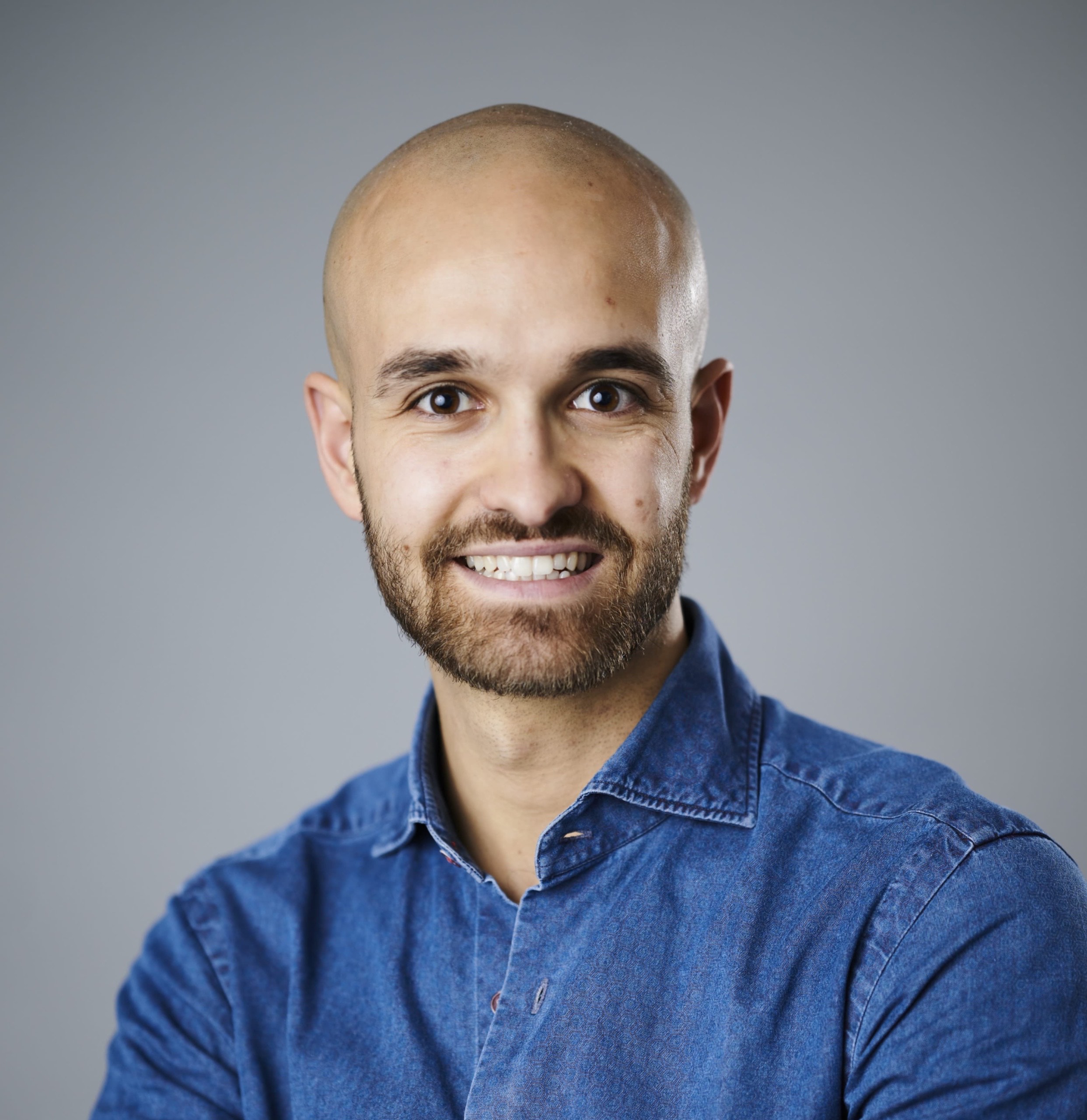
Ph.D Candidate
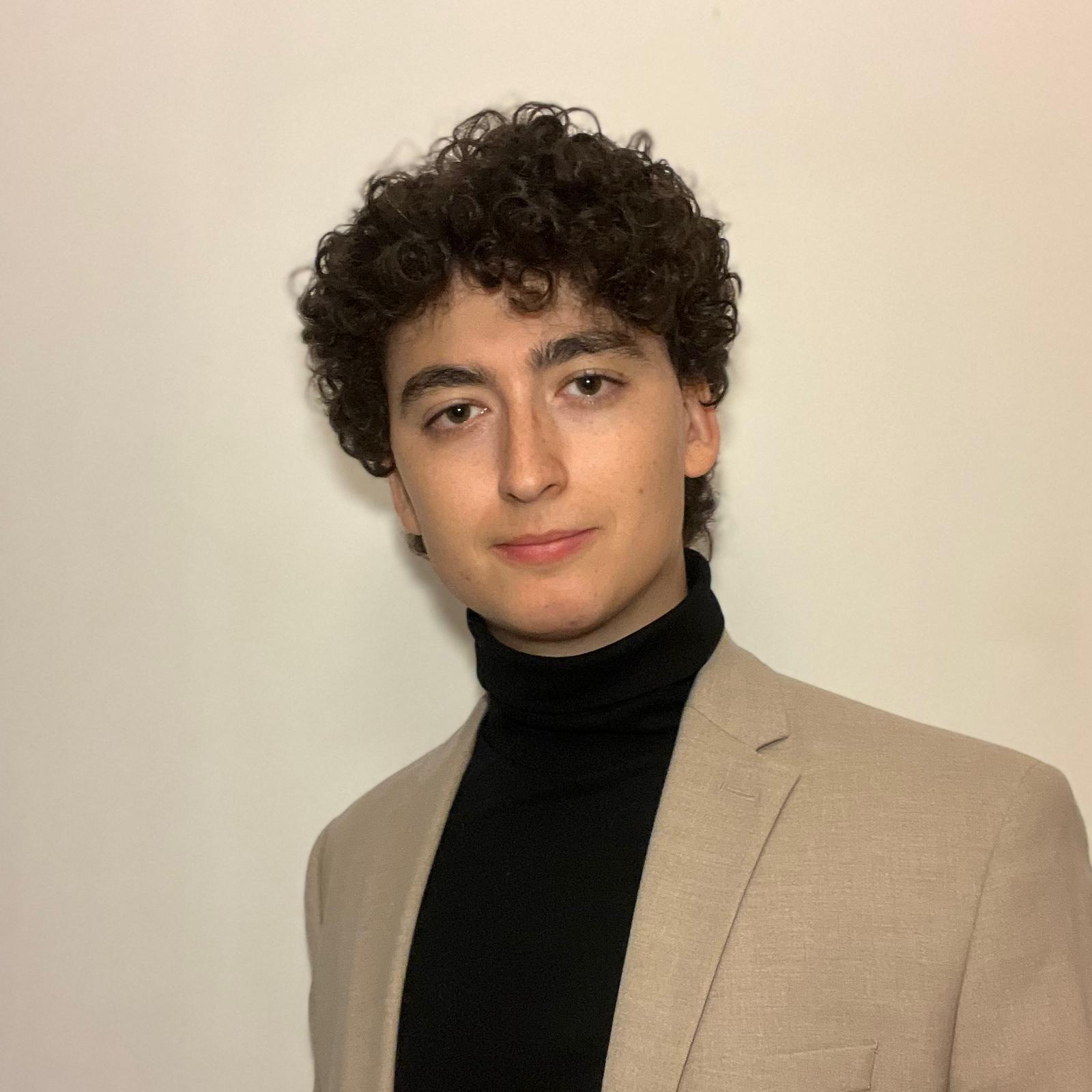
Ph.D Candidate
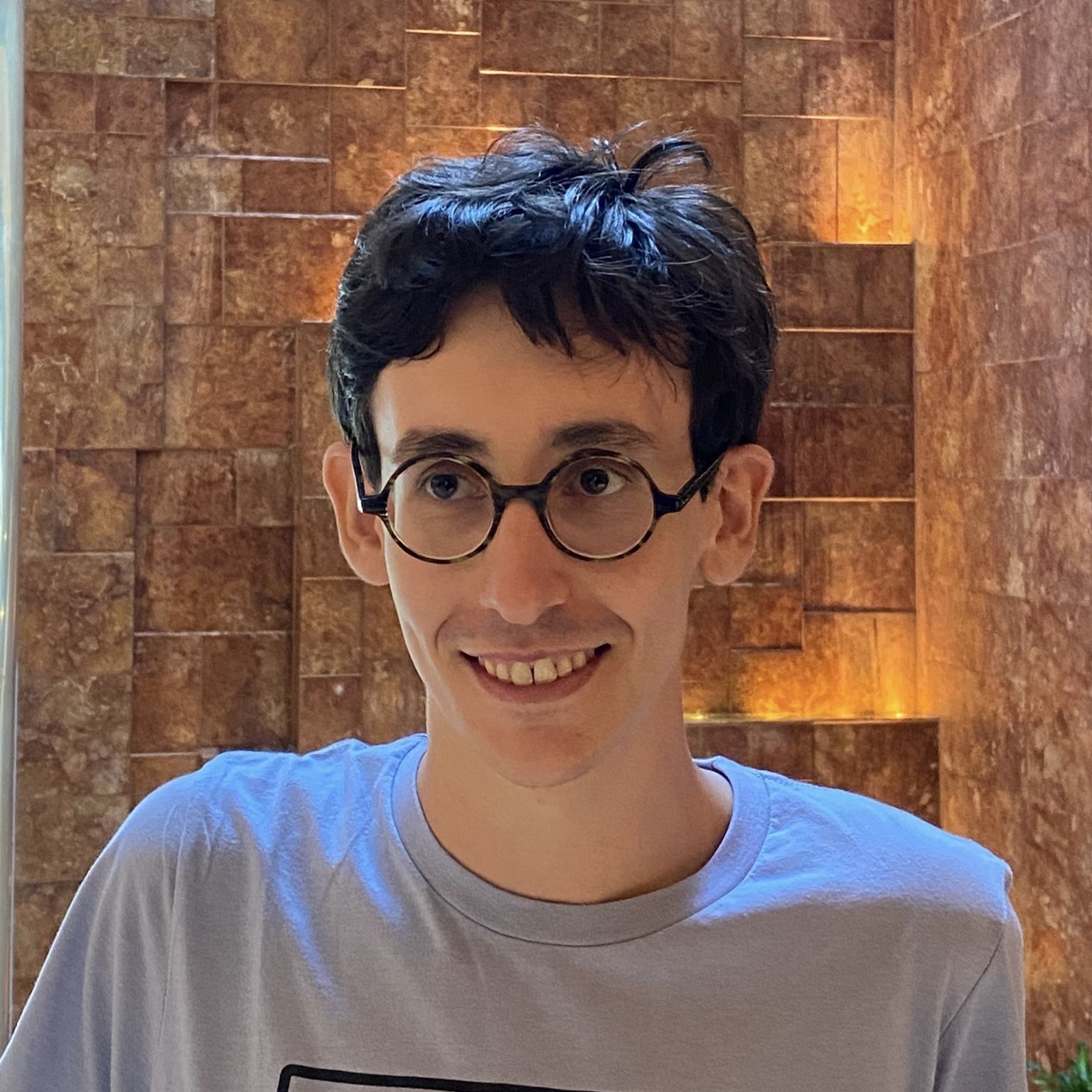
Ph.D Candidate
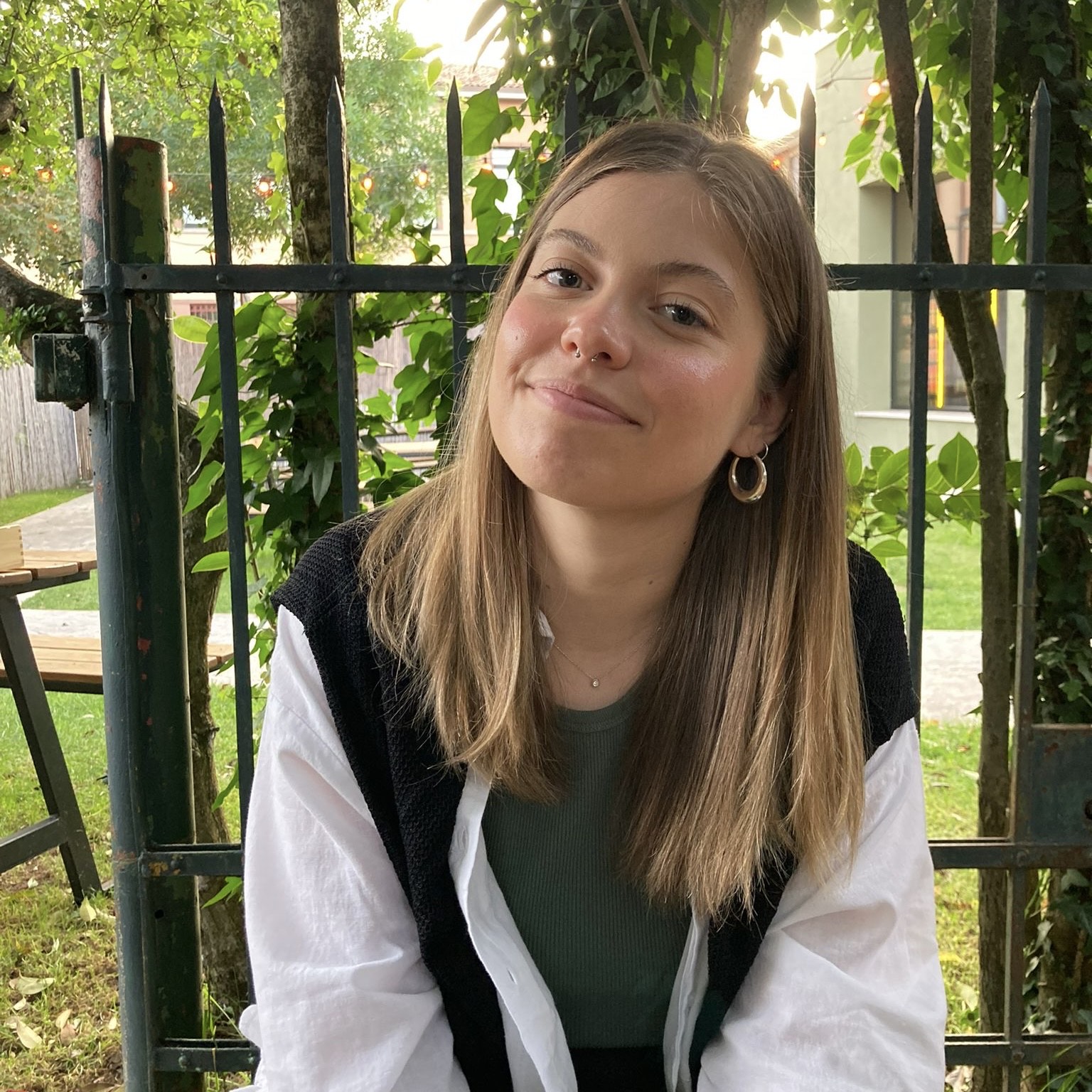
Ph.D Candidate

Ph.D Candidate
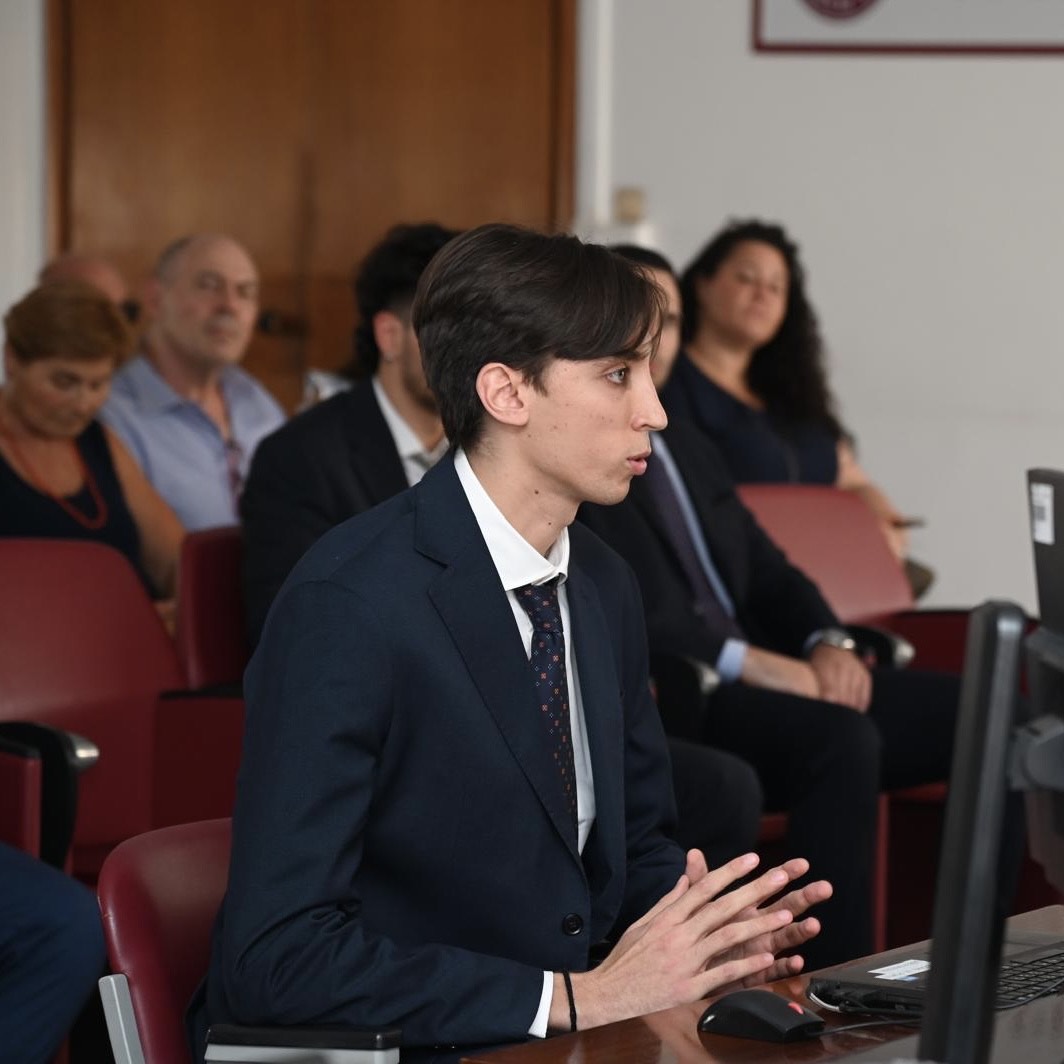
Ph.D Candidate
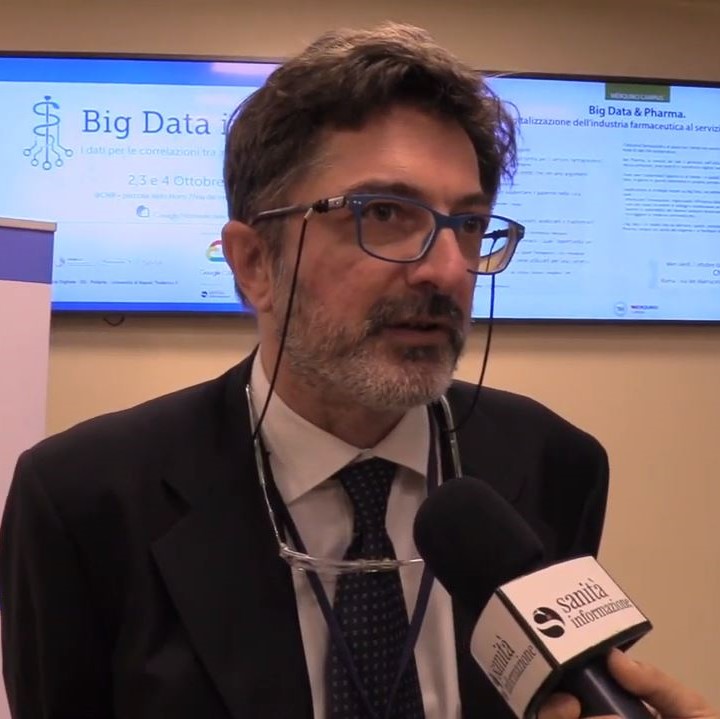
Researcher
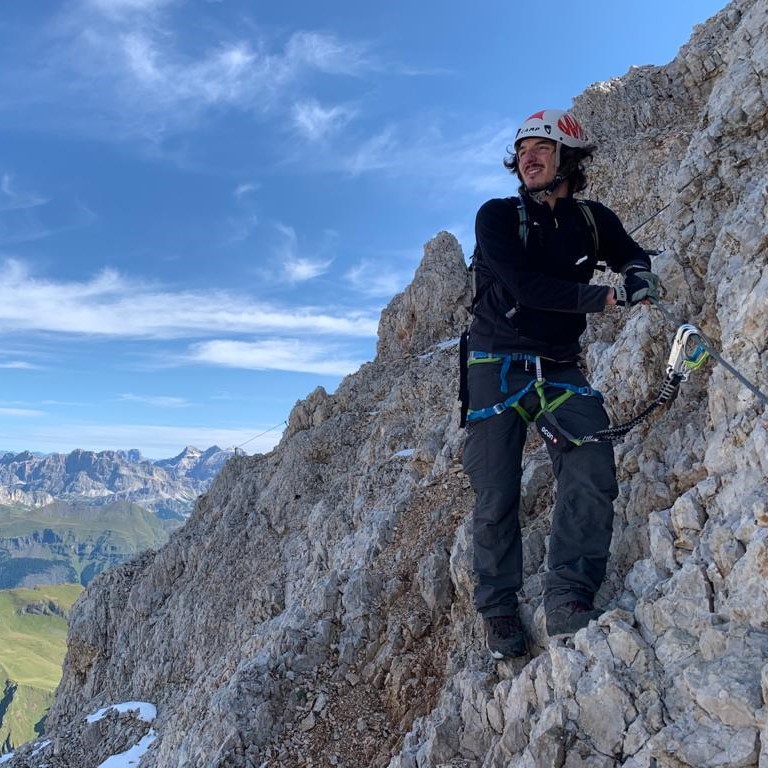
Researcher
"We don’t just study the future of digital society. We build the tools to shape it."
Want to stay in touch? Contact us or join our newsletter .